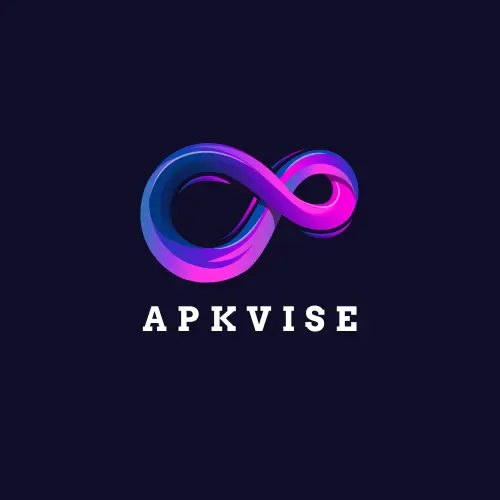Cash App is a peer-to-peer payment app, and like with any online platform, there is always a risk of scamming. Scammers may contact users through the app or social media, pretending to be Cash App customer service representatives, and ask for personal information or payment. To avoid being scammed, never giving out personal information or paying someone you don’t know is essential.
Read Also:
Types of Cash App scams
There are several types of Cash App scams that people can use:
Impersonation Scams: Scammers may contact users pretending to be Cash App representatives and ask for personal information or payment.
Payment Scams: Scammers may ask users to pay to a specific account, promising they will receive something in return, such as a prize or a loan.
Refund Scams: Scammers may contact you, claiming you are eligible for a refund, and ask for your Cash App details to process it.
Using in-app security features like two-factor authentication, checking your account regularly for unauthorized transactions, and contacting Cash App support immediately if you suspect fraud is essential.
A “cash flip” scam involves a scammer convincing a victim to send money through Cash App, promising to return a larger amount. It’s an advance-fee scam where payment is required upfront.
Scammers may use Facebook to contact potential victims by sending private messages, posting in groups, or offering money-making opportunities. It’s good to be cautious of unsolicited messages or offers and verify them with Cash App customer service before taking action.
On Instagram, scammers may send direct messages, post in groups, or create fake profiles pretending to be Cash App representatives asking for money or personal information.
Scammers may use hashtags and mentions on social media to reach potential victims by offering investment opportunities and asking for payment through Cash App.
The $2000 cash app scam promises to return $2000 profit after an initial payment. This type of scam claims to have a money-making strategy but disappears after receiving payment. If an investment sounds too good to be true, it likely is. Legitimate opportunities don’t require upfront payments.
A Cash App refund scam involves someone pretending to be from Cash App customer service, claiming you are eligible for a refund but requiring personal information and account details to process it. Cash App will never ask for your information through unsolicited messages, so don’t provide it.
A Cash App email scam sends a message appearing to be from Cash App asking for information or payment. The emails may contain malicious links or attachments.
On Snapchat, scammers may send direct messages, post in scam groups, or create fake profiles pretending to be Cash App representatives.
It is possible to get money back if scammed, depending on the timing and your actions. Contact Cash App support immediately, change account passwords, monitor for unauthorized transactions, and request a refund. Be extra cautious sharing information or sending payments in the future.
Conclusion:
It’s essential to be aware of potential Cash App scams. Never provide personal information or pay unknown people. Be wary of unsolicited messages and verify requests with Cash App before taking action. If scammed, act quickly to protect yourself by contacting Cash App support.







